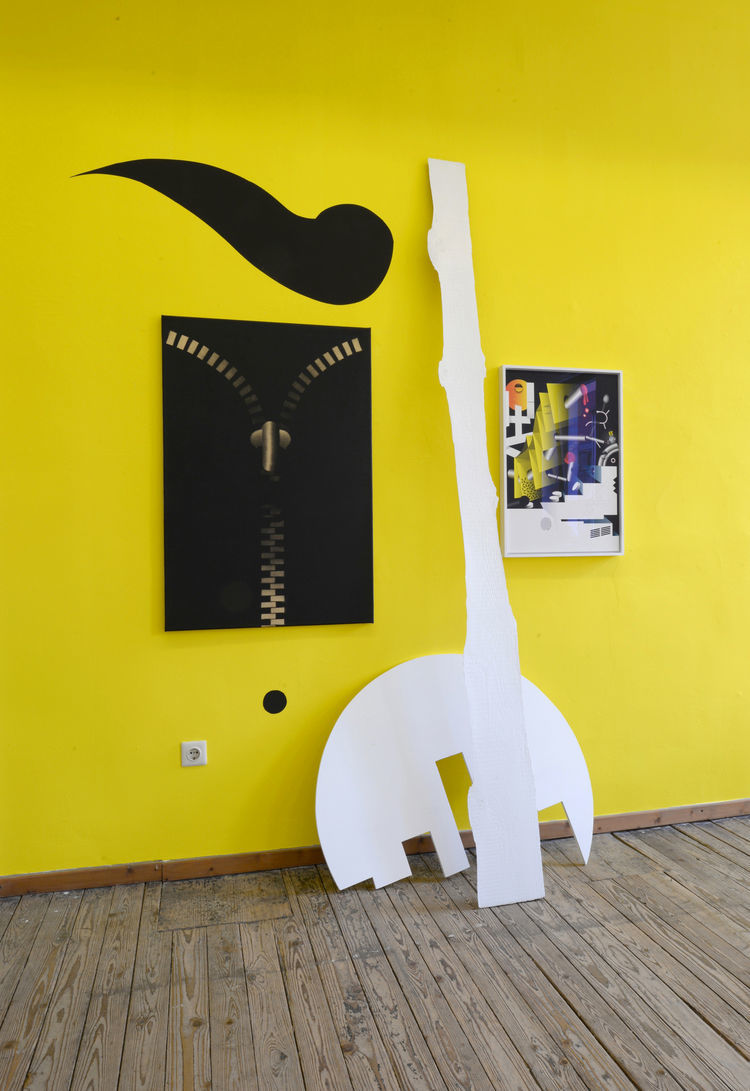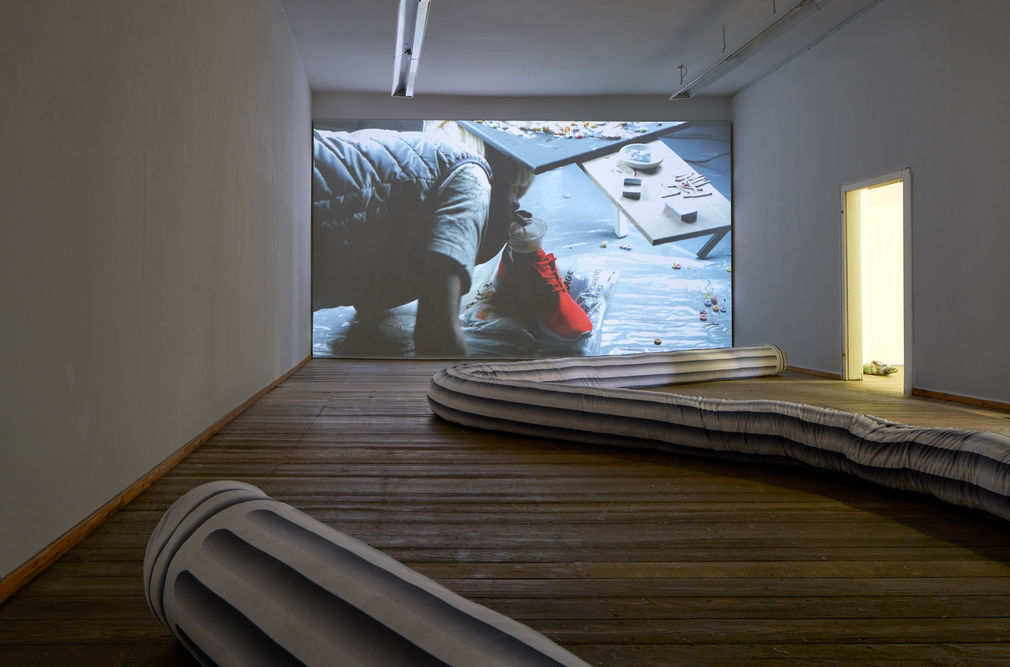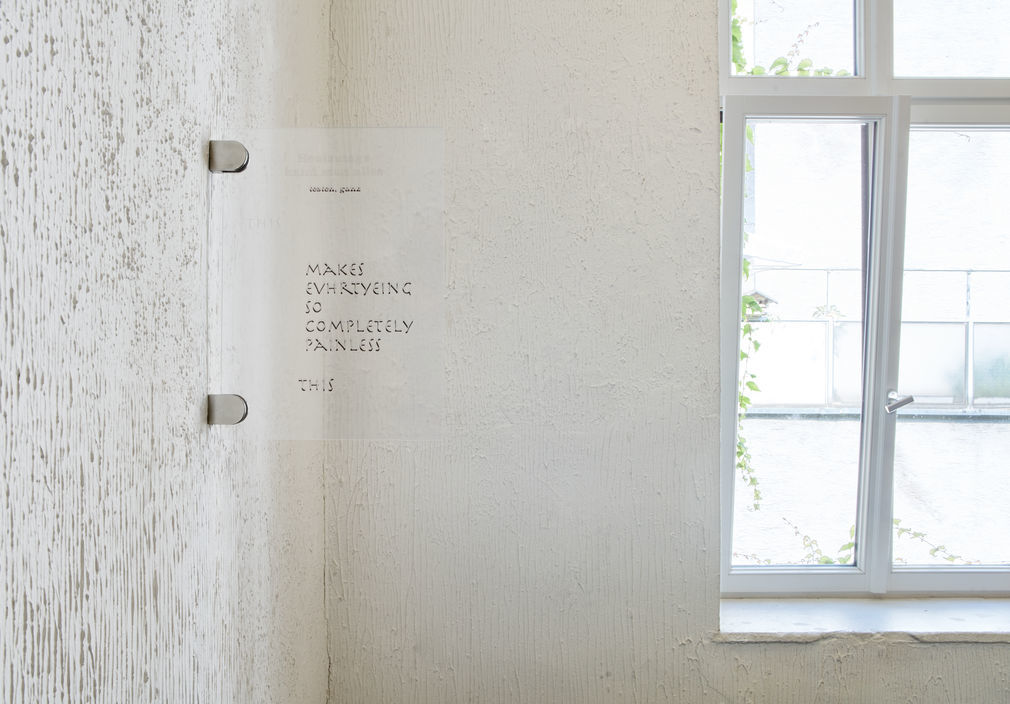Dr. Ellen Wagner
»… subject to change…«. On non-final works of contemporary art
(School of Art)
One increasingly comes across artists who are the orchestrators of their own work for which they appear to have come to the visible conclusion that this is part of a comprehensive system. The more these systems of artistic work are perceived as self-evidently in a state of permanent flux, the more their constituent parts are, in turn, seen as non-fixed. If a work is never complete in itself, but can also, at any given moment, become a »replacement part« for use in other works, what is important in its genesis is not to lose sight of the possibility of its substantive or rather formal »suitability for connection to itself«. For instance, although in traditional sculpture ordinary plaster casts have always provided us with insights into intermediate stages in their creative process, because of the associations they evoke with the kind of collections of antiquities considered timeless, they have seldom renounced the idea of durability. On the other hand, the use of flexible materials in contemporary art does tend to include a notion of reversibility, one that is at least suggested. What exactly the artwork is supposed to be acting as a substitute for and whether it is able to do this convincingly is something that needs to be decided on individual merits. We should also ask whether a work that never reaches the end of its artistic transformations can be documented as an infinite sequence of transitional phases, or whether this could possibly also be considered as no more than a continuation of the work in question using another medium.
I would like to investigate works that operate using ephemeral materials and methods of working and presentation, looking at the extent to which a practice of continual adaptation and reformulation allows us to comprehend the artist’s search for criteria pertaining to his/her own work and how prefabricated or recycled items can cast light on the relationships between existing works or – perhaps intentionally? – retrospectively obfuscate them.
Tutors:
- Prof. Dr. Christian Janecke
- Prof. Dr. Juliane Rebentisch
Falsche Signale: Strategien der Mimikry in der Post-Internet Art



